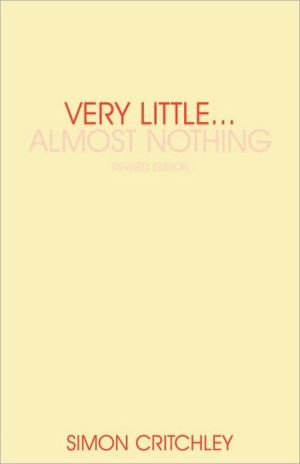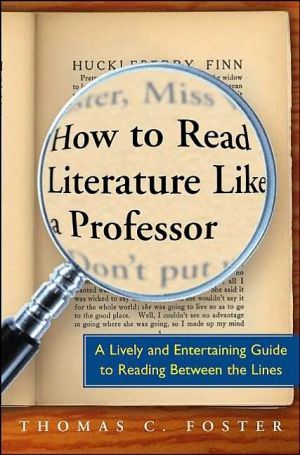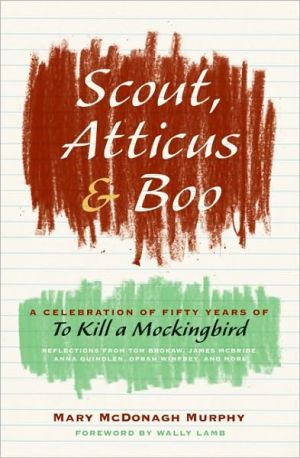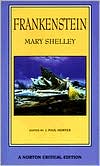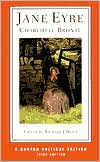Very Little ...Almost Nothing
Very Little ... Almost Nothing is a profound but secular meditation on the theme of death, putting the question of the meaning of life back at the centre of intellectual debate. Simon Critchley traces the idea of nihilism from Jena Romanticism to Cavell and Blanchot, culminating in a reading of Beckett, in many ways the hero of the book. This second edition has added a revealing new preface, and a new chapter on Wallace Stevens which reflects on the idea of poetry as philosophy.
Search in google:
Very Little ... Almost Nothing puts the question of the meaning of life back at the centre of intellectual debate. Its central concern is how we can find a meaning to human finitude without recourse to anything that transcends that finitude. A profound but secular meditation on the theme of death, Critchley traces the idea of nihilism through Blanchot, Levinas, Jena Romanticism and Cavell, culminating in a reading of Beckett, in many ways the hero of the book.In this second edition, Simon Critchley has added a revealing and extended new preface, and a new chapter on Wallace Stevens which reflects on the idea of poetry as philosophy.
AbbreviationsxiPreface to Second Edition: As my father, I have already diedxvPreamble: Travels in Nihilon1(a)Philosophy begins in disappointment2(b)Pre-Nietzschean nihilism4(c)Nietzschean nihilism8(d)Responding to nihilism: five possibilities11(e)Heidegger's transformation of Nietzschean nihilism15(f)Heidegger contra Junger18(g)Impossible redemption: Adorno on nihilism21(h)Learning how to die--the argument29Lecture 1Il y a35(a)Reading Blanchot35(b)How is literature possible?40(c)Orpheus, or the law of desire48(d)Blanchot's genealogy of morals: exteriority as desire, exteriority as law52(e)Il y a--the origin of the artwork56(i)first slope--Hegel avec Sade57(ii)second slope--a fate worse than death63(iii)ambiguity--Blanchot's secret71(f)The (im)possibility of death--or, how would Blanchot read Blanchot if he were not Blanchot?77(g)Holding Levinas's hand to Blanchot's fire85(i)a dying future85(ii)atheist transcendence89Lecture 2Unworking romanticism99(a)Our naivete99(i)Kantian fragmentation102(ii)deepest naivete--political romanticism105(iii)Hegel, Schlegel110(iv)romantic modernity113(b)Digression I: Imagination as resistance (Wallace Stevens)114(c)Romantic ambiguity123(i)the fragment125(ii)wit and irony131(iii)the non-romantic essence of romanticism135(d)Cavell's 'romanticism'138(i)the romanticization of everyday life138(ii)Emerson as the literary absolute141(e)Digression II: Why Stanley loves America and why we should too147(f)Cavell's romanticism154(i)I live my scepticism155(ii)Cavell's tragic wisdom157(iii)finiteness, limitedness161Lecture 3Know happiness--on Beckett165(a)Beckett and philosophical interpretation165(b)The dredging machine (Derrida)169(c)The meaning of meaninglessness and the paradoxical task of interpretation (Adorno I)172(d)Hope against hope--the elevation of social criticism to the level of form (Adorno II)181(e)Nothing is funnier than unhappiness--Beckett's laughter (Adorno III)184(f)Storytime, time of death (Molloy, Malone Dies)188(g)My old aporetics--the syntax of weakness (The Unnameable)195(h)Who speaks? Not I (Blanchot)202(i)No happiness? (Cavell)207Lecture 4The philosophical significance of a poem--on Wallace Stevens215Notes237Acknowledgments270Index273
